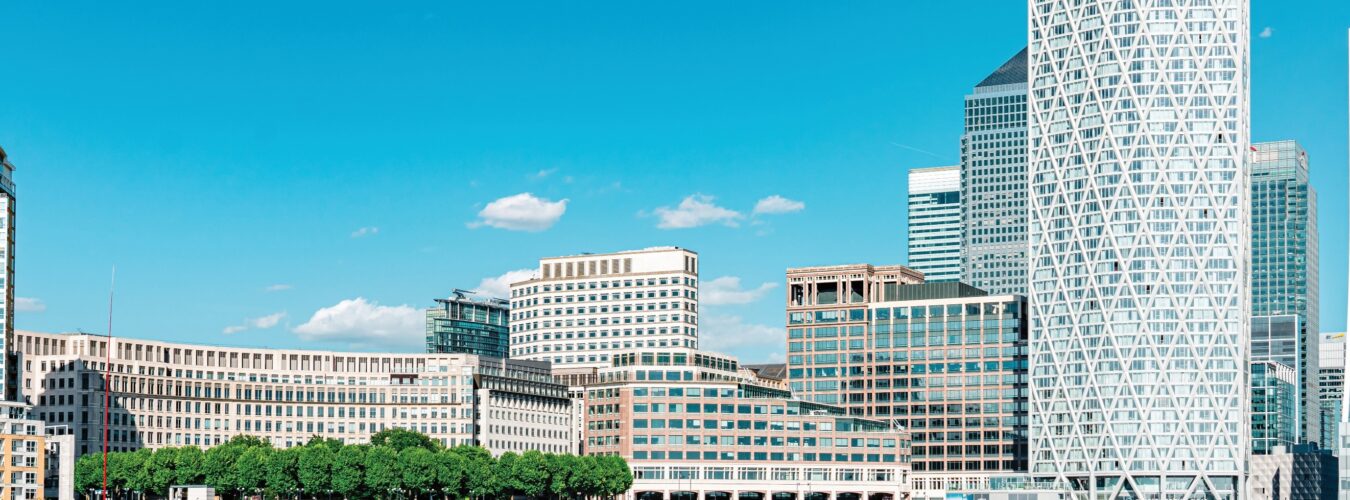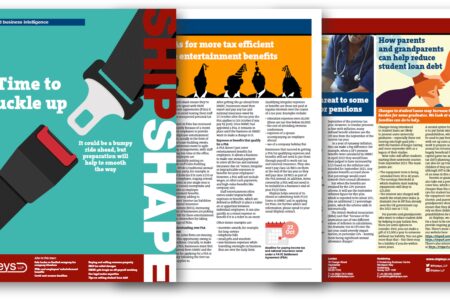Businesses with protected rent arrears, accrued when they were closed by government restrictions during the pandemic, have until September to arrange repayment terms under a legally binding arbitration process.
Those with outstanding protected rent debt (PRD) were given six months to begin addressing their debts with their landlord when the Commercial Rent (Coronavirus) Act 2022 came into effect on March 24 this year.
Landlords and tenants are being encouraged, ideally, to come to an amicable agreement, or go to arbitration within the six-month period.
Arbitration concerns
However there are concerns that some businesses, particularly SMEs, are not aware of the arbitration option or just not pursuing it. This potentially leaves them open to being taken to court to pay the full cost when the window for arbitration ends on 24 September.
The Federation of Small Businesses (FSB) is advising companies issued with a ‘notice to pay’ by their landlords to check if arbitration is an option.
Stephen Goderski, Partner with insolvency practitioner PKF GM says take up of the arbitration process has reportedly been very disappointing.
Supporting responsible tenants
“While many businesses have been responsible about paying rent, there are others that have not engaged with their landlords and reputedly this includes some high-profile retailers. In other words, they have not paid any rent since the pandemic began, and we can expect to see swift and determined action taken in such cases,” he says.
Stephen points out that while the end of protection in itself is unlikely to force businesses to cease trading, it could become a contributory factor. This is because they are already facing increased fuel, energy, materials and salary costs against a backdrop of reduced consumer spending.
“Landlords obviously need tenants. It’s clear that helping those who have engaged with them throughout the pandemic and paid what rent they have been able to, may be preferable to the cost of forfeiting the lease and funding an empty property (potentially for many months) while attempting to find a replacement.”
Non-PRD arrears
Landlords can reclaim any rent debts that are not covered by PRD by forfeiting leases and going through the Commercial Rent Arrears Recovery (CRAR) procedure, which enables them to seize tenants’ assets to the value of arrears.
Additionally, they can serve winding up petitions for undisputed debts of £750-plus, commence bankruptcy proceedings against individual tenants with undisputed arrears over £5,000, or take court action.
Specific advice should be obtained before taking action, or refraining from taking action, in relation to this summary. If you would like advice or further information, please speak to your usual Shipleys contact.
Copyright © Shipleys LLP 2022












